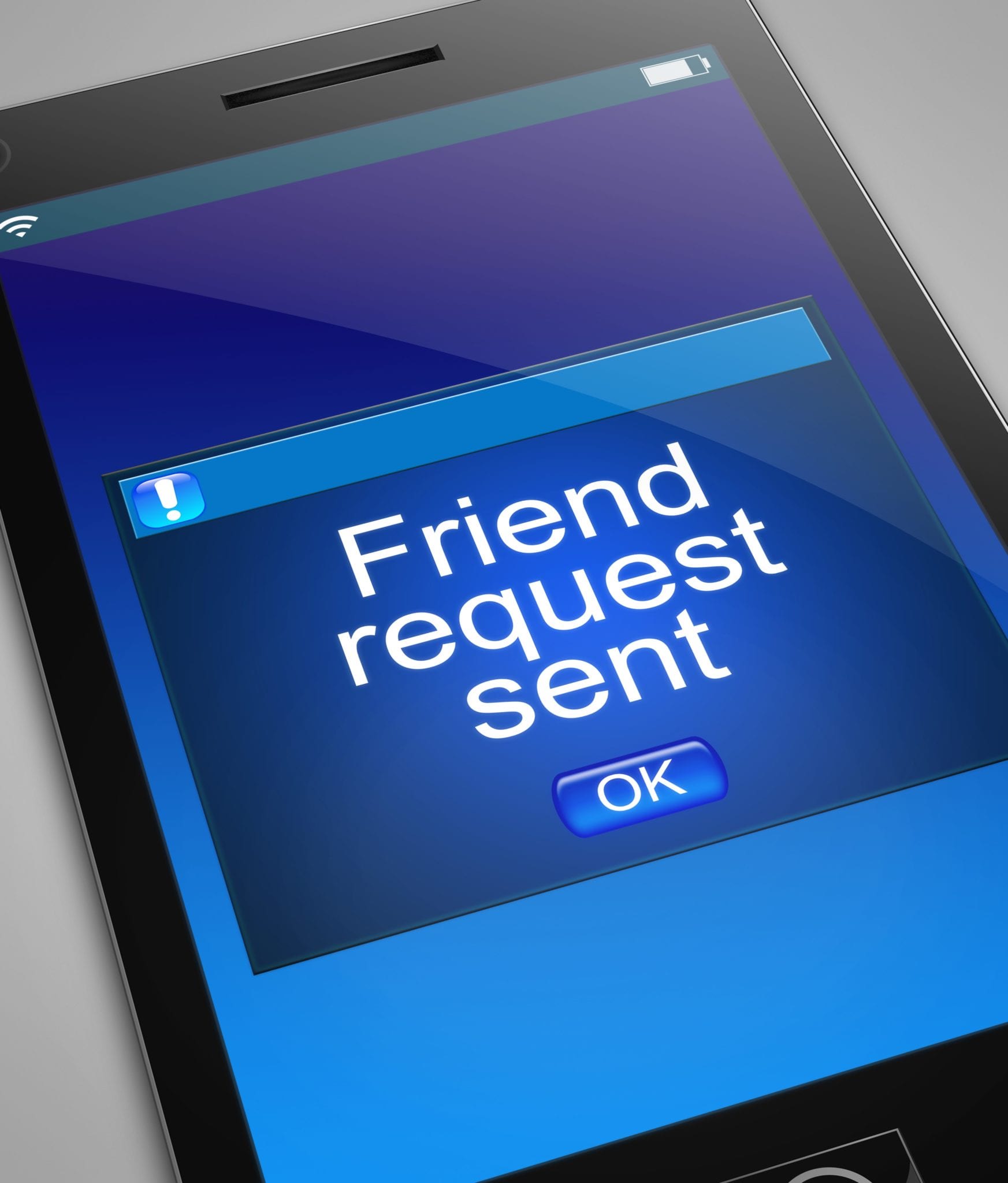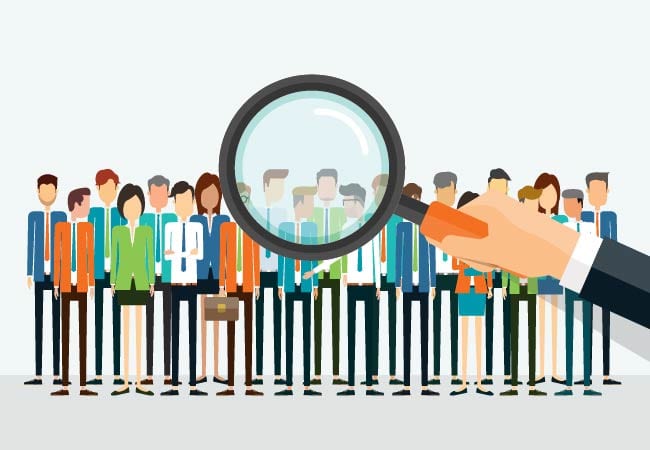
A lawyer’s communications with an unrepresented person are generally governed by Rule of Professional Conduct 4.3 or some similar equivalent. (See, e.g., Georgia Rule 4.3). Most versions of Rule 4.3: prohibit a lawyer

A lawyer’s communications with an unrepresented person are generally governed by Rule of Professional Conduct 4.3 or some similar equivalent. (See, e.g., Georgia Rule 4.3). Most versions of Rule 4.3: prohibit a lawyer

We have previously discussed a lawyer’s ethical duty to understand social media. Such an understanding is necessary to provide competent representation to clients. So how does that translate in the real world? How

A topic that seems to come up a lot is whether lawyers and judges can be “friends” or “connections” on various social media platforms. Is it ever ok? What if a judge sends a connection request to a

Last week, I discussed researching jurors via social media. Another area that lawyers may consider using social media for is to locate and/or research potential witnesses in a case. Some of the same concepts that apply to

When trying a case, the more you know the better off you usually are. Information about jurors is no exception. As trial lawyers know, the amount of information one is able to obtain about potential jurors is limited (by
Jonathan is the go-to attorney for law firm partnership issues and law practice sales. His expertise is unmatched, and he always provides clear, practical guidance. I confidently refer colleagues to him, knowing they’ll be in great hands. Plus, his podcast is a must-listen for attorneys. Highly recommend him for anyone navigating firm transitions!
READ MORE